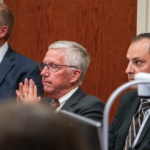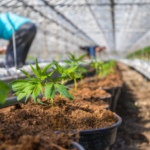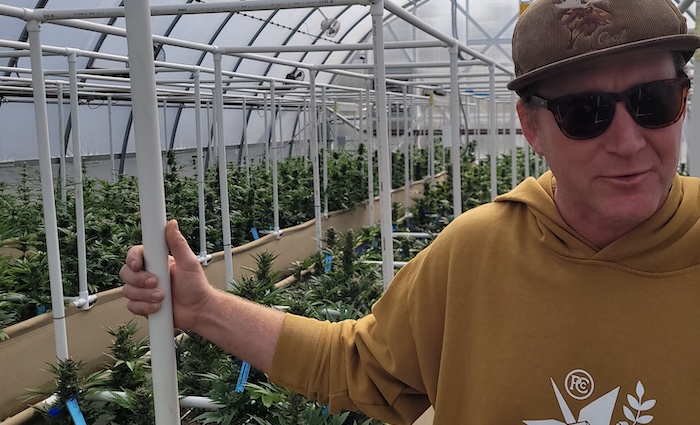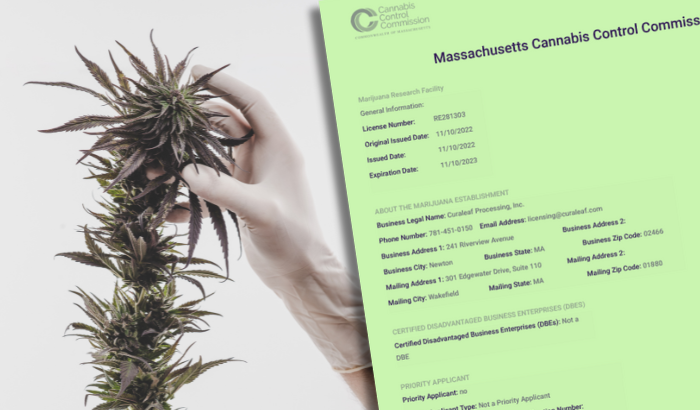
CCC in process of making changes that will impact Host Community Agreements, social equity, and social consumption
In what may have been the least consequential Cannabis Control Commission meeting of the year, members of the body met today to update one another and viewing members of the public on progress made by the CCC’s working groups on Host Community Agreements (HCAs), social equity at the municipal level, and social consumption reforms.
CCC Chair Shannon O’Brien started off by addressing the social equity piece, and specifically “how [the commission] can require municipalities to incorporate social equity into the process of giving out host community agreements.” She said that the group’s work is 90% finished, and that proposed regulatory adjustments are currently with CCC attorneys and should come out in the next couple of weeks.
There was a brief mention of the bad news around the state’s Social Equity Trust Fund, and how applicants in the first year will have millions of dollars less available to them then previously assumed, but no meaningful discussion on the matter.
Commissioner Kimberly Roy summarized the HCA working group’s progress, saying their policy recs are also with the CCC legal team. In meeting with “stakeholders about this issue” all across the state and speaking with more than 150 license holders at the Flower Expo in Greenfield earlier this month, Roy said she came to see how the topic is “of high interest.”
“We are eager to get those policy recommendations out,” she said, adding that they’re looking to release them in July. “We are in the end zone. We are just doing the replay now.”
Commissioner Bruce Stebbins also said he has heard from various license holders about the importance of strong changes on HCA front, and mentioned the Stem dispensary in Haverhill which is suing its host city over impact fees.
Stebbins and Commissioner Nurys Camargo have been leading the social consumption working group, which has also been soliciting feedback, both via surveys and through other channels. They also have a listening session on the subject this Tuesday night (June 27) at Holyoke Community College, with a followup virtual event on July 18 and another in-person session, at Mass Bay Community College in Wellesley, on July 20.
Asked by Chair O’Brien to say when the social consumption recommendations will be ready, Commissioner Camargo pushed back: “Social consumption is not on the agenda today, so I’m not going to get into it.”
Stebbins backed the sentiment, stressing that their working group is determined to produce recs that lead to a “lucrative” licensing model for those looking to open lounges and other establishments where people can get high. Commissioner Ava Callender Concepcion also reminded her colleagues that, unlike regulatory changes regarding HCAs and social equity that were required by legislation passed last year, social consumption is on its own timeline, and doesn’t legally have to be addressed by a November deadline like those other issues.
“Where will this market be 50 years from now?” Camargo said in her general comments. “Will we hinder the industry with unnecessary policies? Will we create policies that will fail? Or will we help the industry move forward? … I hope that we can be on the right side of history.”
The next meeting of the CCC is scheduled for July 13, though commissioners said today that there will be more meetings added to the schedule next month as well. The chair also said she would like to put together additional working groups to tackle additional complicated topics starting later this summer.
























